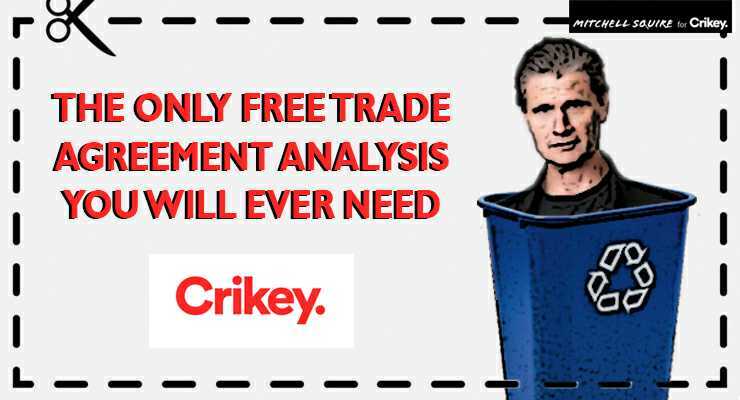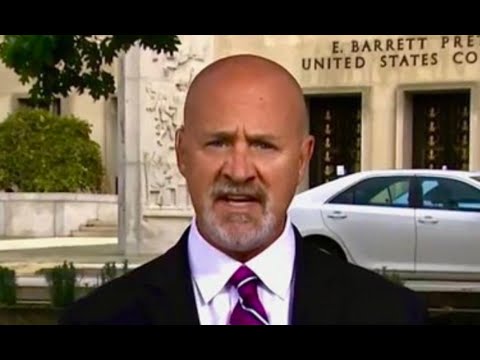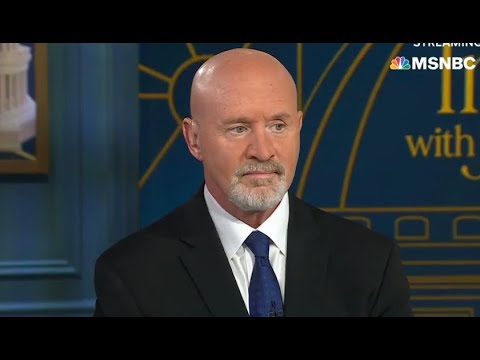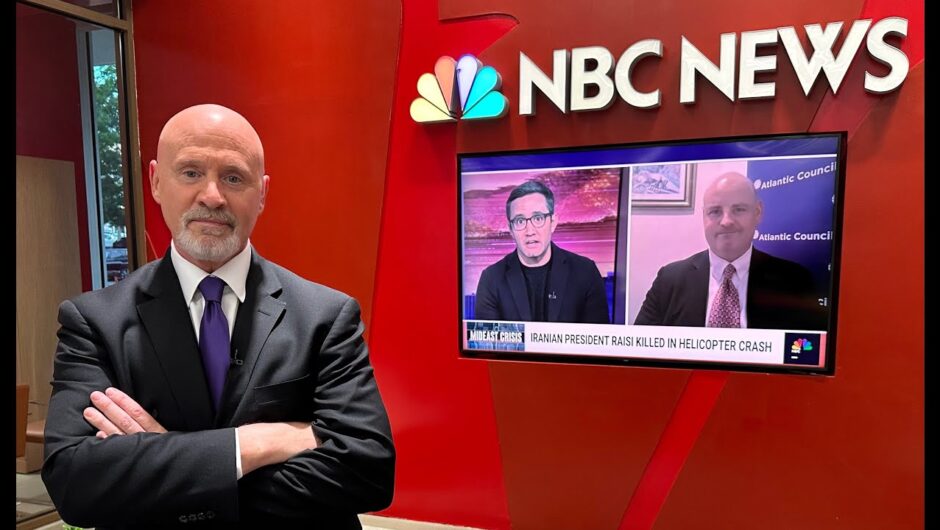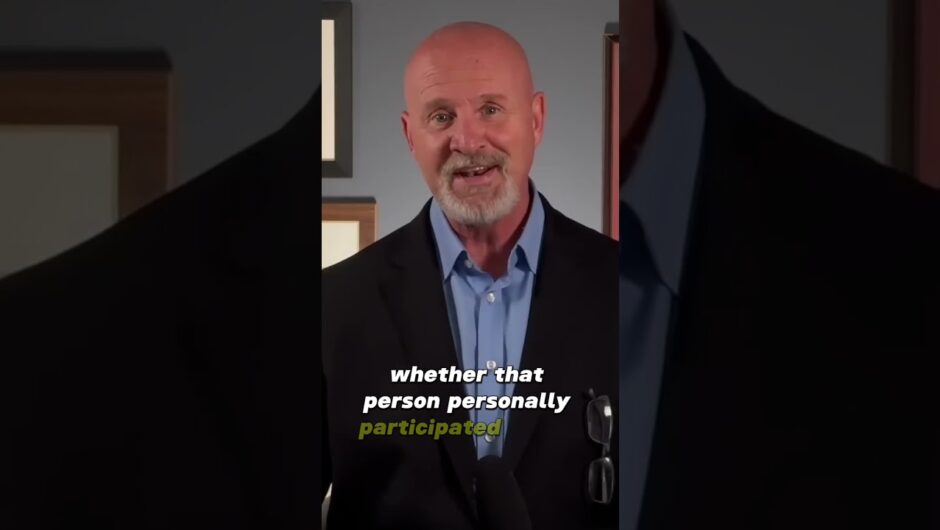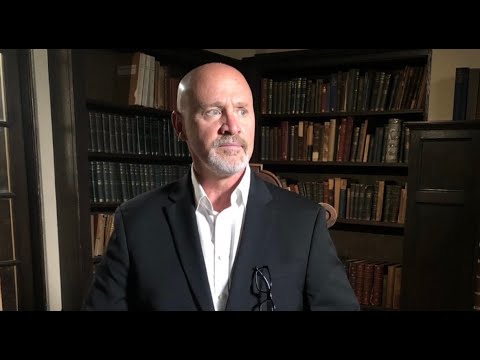Because the government keeps producing “free trade agreements” and lauding them as historic achievements, and because the media continues to report these as major economic achievements in spite of no evidence of any kind, Crikey finds itself in an quandary: we can either keep writing the same article every time there’s a trade deal, or we can do one, simple, you-beaut guide to these things that will cover all future “free trade agreements”. You just need to print this off and stick it on the fridge for handy reference.
What is a ‘free trade deal’?
Not a free trade deal. A free trade deal needs, erm, free trade. These deals are about managed trade, in which countries agree to provide some slightly greater access to markets, usually over a long period of time. There is no actual free trade involved.
Who negotiates them?
The Department of Foreign Affairs and Trade (DFAT). They negotiate them in secret, except that industry lobby groups are often allowed to see the drafts. The public are never allowed to see the drafts until they’ve actually been agreed — meaning there’s no possibility of proper scrutiny.
Does anyone do a proper assessment of them?
No. At no stage is a genuine independent assessment done of the deal. When a deal goes before Parliament, a national interest analysis is done of the deal by DFAT itself i.e. the diplomats mark their own homework. Genuinely independent bodies with expertise in economics (DFAT has no economic expertise; indeed, it is notoriously economically illiterate) like the Productivity Commission (PC) are prevented from examining deals before they’re agreed. The then-chair of the commission, Peter Harris, actually complained about not being allowed to assess the Trans-Pacific Partnership (TPP) deal in 2015 and rejected government arguments it would take too long.
But trade deals are good, right?
Trade deals divert trade from one market to another, without necessarily increasing net demand for products (that’s why China’s attempt to block Australian products — in defiance, ahem, of the Australia-China free trade agreement — simply meant Australian exports went to other markets as China bought its imports elsewhere).
C’mon, they must do some good?!
In a famous 2010 report, the PC looked at these trade deals and found “the increase in national income from preferential agreements is likely to be modest. The commission has received little evidence from business to indicate that bilateral agreements to date have provided substantial commercial benefits”. It also found that the copyright restrictions imposed on Australia in its free trade deal with the US (AUSFTA)were actually harmful to us. A 2015 study showed the AUSFTA had been, in net terms, economically damaging.
But they surely make life easier for exporters?
Over to the PC again: in a 2015 report, the PC pointed out that these deals “add to the compliance costs of firms and administrative costs of governments. Complexity stems in part from the diversity of approaches used to determine and list origin requirements (for both goods and services) in Australia’s preferential agreements”. That is, trying to comply with things like rules of origin to take advantage of the clauses in deals about market access ends up costing a firm more than its worth.
When DFAT had to prepare a national interest analysis for the TPP, it found that the benefits to Australian business were worth a grand total of $147,823.62.
When the Australian Chamber of Commerce and Industry surveyed business in 2018 about how they had taken advantage of the free trade deal with China, most businesses said the agreement was irrelevant or they didn’t understand it, or the Chinese had just made everything harder anyway. And of course the deal did nothing to stop China from blocking Australian imports.
The government always says they’re wonderful!
The announcement of trade deals is always accompanied by claims of enormous benefits to both sides, invariably parroted by the media. Look carefully, though, and you’ll see that these claims have no evidential basis — they’re just some diplomat’s estimate based on existing trade flows between countries. No one is ever allowed to seriously examine the deals before they’re signed.
Are there any good trade deals?
Multilateral trade deals involving multiple countries are always better than bilateral trade deals involving a single country because the benefits of accessing a large number of economies will be greater for everyone. But even these can be problematic. Many such agreements involve the notorious investor-state dispute settlement (ISDS) mechanism where foreign multinationals can sue governments in private forums for implementing policies in areas such as health and social welfare that might reduce their profits. The new Australia-UK trade deal will have ISDS provisions enabling British multinationals to demand compensation if Australian policies reduce their profits.
So there’s no such thing as a good trade deal?
Wrong! The best trade deal is the one you do with… yourself. If you remove all trade barriers and protectionist mechanisms, you let consumers and businesses have access to cheaper imports, put more competitive pressure on Australian firms and encourage innovation. Getting rid of protection was a key reason why Australia is much wealthier now than in the 1970s. When Hawke and Keating cut manufacturing protectionism, they didn’t do it as part of a free trade deal with anyone — they just did it, and the benefits flowed.
So why all the fuss?
Because announcing these deals looks like you’re getting something done, rather than engaging with real economic issues that require hard choices that can’t be spun as “everyone wins”, or that people will forget about next week, which is what will happen with whatever trade deal you’re currently reading about.

I subscribe to Crikey because I believe in a free, open and independent media where news and opinions can be published that I can both agree with and be challenged by.
As a Crikey subscriber I always feel more informed and able to think more critically about issues and current affairs – even when they don’t always reflect my own political viewpoint or lived experience.
Jess
Singapore
Join us and save up to 50%
Subscribe before June 30 and choose what you pay for a year of Crikey. Save up to 50% or, chip in extra and get one of our limited edition Crikey merch packs.

